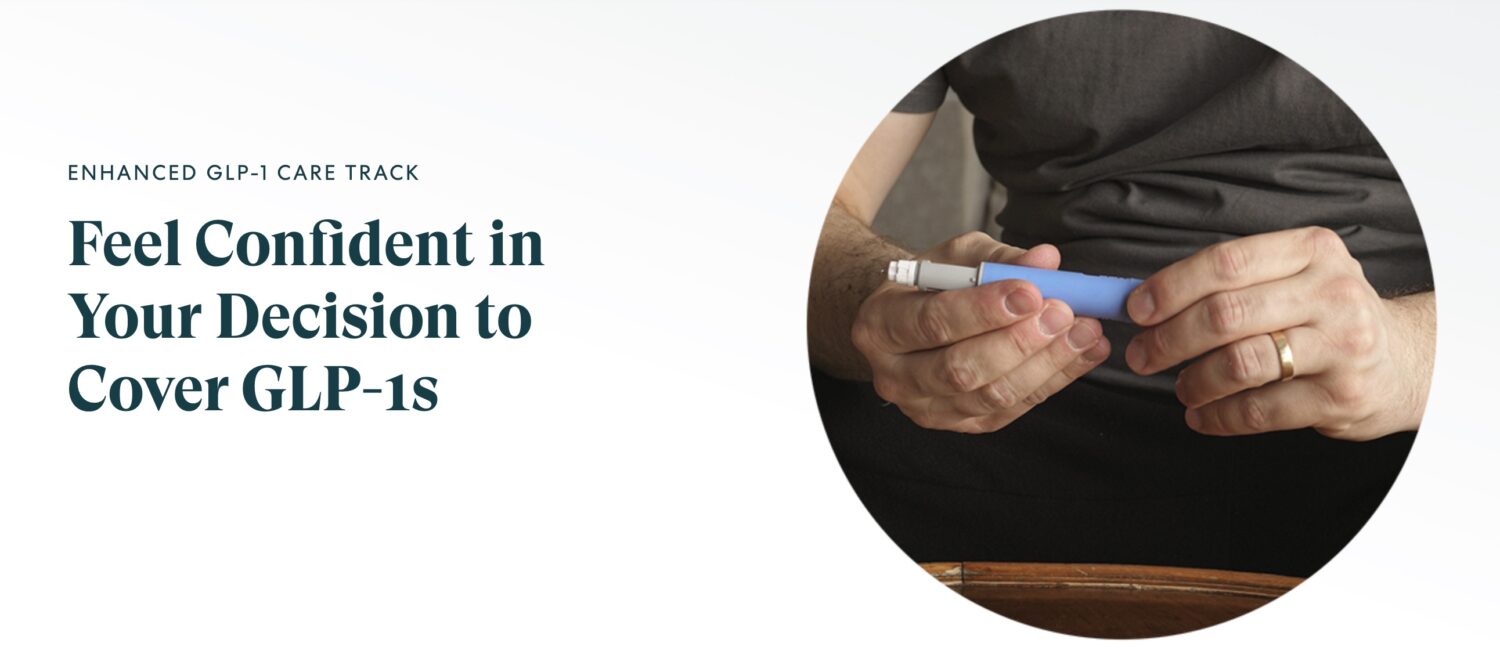
What You Should Know:
– Omada Health, the virtual between-visit healthcare provider released new data demonstrating that its GLP-1 companion program significantly improves persistence rates for GLP-1 medications.
– The analysis found that members in Omada’s program achieved weight loss results similar to those seen in controlled research settings, underscoring the importance of comprehensive support for individuals on these transformative medications.
– The findings provide a powerful counterpoint to the challenge of low medication adherence in real-world settings, where many patients stop taking GLP-1s before they can see the full clinical benefit.
Closing the Gap Between Clinical Trials and the Real World
Despite a growing body of evidence supporting the vast clinical benefits of GLP-1s, real-world data has shown that many users do not achieve the results seen in clinical trials. One study found that one-third of people stopped taking their GLP-1 in the first month, and less than half stayed on for more than 12 weeks. This lack of persistence is a major barrier to achieving meaningful health outcomes.
Omada’s analysis of 1,124 members without diabetes who self-reported GLP-1 use showed significantly higher persistence rates compared to previous real-world studies.
- Members in Omada’s Enhanced GLP-1 Care Track demonstrated a 94% persistence rate through 12 weeks and an 84% persistence rate through 24 weeks.
- This contrasts sharply with previous studies, which have shown persistence rates as low as 42% at 12 weeks and 33% at 24 weeks.
Persistence Translates to Clinical Trial-Level Weight Loss
The analysis also found a direct correlation between medication persistence and weight loss outcomes.
- Members who remained on their GLP-1 medication through 24 weeks lost an average of 12.1% of their body weight—a result closely aligned with outcomes from recent head-to-head clinical trials.
- In contrast, members who stopped taking their medication before 24 weeks lost an average of only 7.4% of their body weight, a 64% relative difference.
“We are in the fortunate position that more patients are getting access to these transformative medications,” said Wei-Li Shao, President of Omada Health. “However, with increased access comes the responsibility to ensure GLP-1 use remains cost-effective by supporting sustainable long-term health benefits. We believe these findings highlight the potential of Omada’s program to enhance clinical outcomes.”
